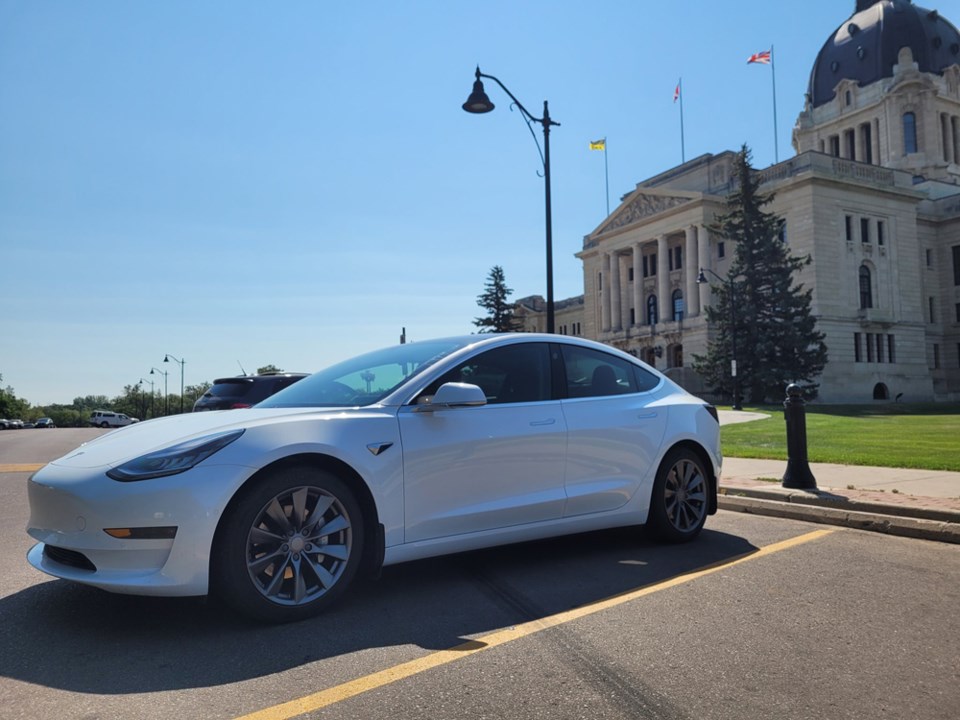The New Car Dealers of BC are proud to play an active role in transitioning consumers to zero-emission vehicles (ZEV)—a key component of federal and provincial government climate change strategies. However, we are concerned about recent comments by the prime minister suggesting he is not committed to point of purchase incentives beyond 2025, despite the fact that they have been critical in advancing ZEV adoption.
Last year, the provincial government accelerated mandated targets for ZEVs, requiring automakers to meet an escalating annual percentage of new light-duty ZEV sales and leases, with an ultimate target of 100 per cent by 2035—and the federal government followed suit.
In B.C., electric vehicles made up almost 23 per cent of all new light-duty passenger vehicles sold in 2023, the highest percentage for any province or territory in Canada on a per-capita basis. For many ZEV consumers, the two rebate programs (up to $5,000 from the federal iZEV program and $4,000 from the CleanBC Go Electric Vehicle Rebate program) are significant.
The 22,500 rebates processed through the CleanBC Go Electric program last year were an all-time high. On the national level, federal incentives supported the purchase of about 146,000 ZEVs in 2023, up 150 per cent from the roughly 58,000 vehicles that received rebates the year before.
In spite of this success, the prime minister says he will not commit to the federal incentive program beyond March 2025.
As we and our federal association have communicated publicly and to government for some time,
incentives that fuel the transition to clean-energy vehicles require a long-term commitment. Early adopters didn’t require a great deal of convincing, whereas the broader consumer population will, for reasons including price, range anxiety and charging considerations, especially if they live in remote areas where charging infrastructure is limited.
It’s equally puzzling that the prime minister’s non-committal response comes as he doubles down on his government’s carbon tax and sticks with ZEV mandated targets. If you make a policy choice, you should be prepared to support consumers to make those choices until it is in their economic interest to do so.
Incentives don’t need to be in place forever but should remain until there’s more price parity between ZEVs and internal combustible vehicles. By its own admission, when the federal government rolled out its mandates, they indicated price parity will probably not be achieved until the early 2030s.
If anything, given what is anticipated to be an increasingly challenging go-forward process of ZEV adoption, increasing the size of rebates would seem more logical.
A recent poll by Research Co. highlights that most British Columbians support the concept of transitioning to electric vehicles. However, only 37 per cent of British Columbians think the goal of 100 per cent by 2035 is achievable, with more than half suggesting they would be less likely to purchase an electric vehicle because they are too expensive compared to non-electric options.
Now is not the time to bow out. Much more work is required to overcome the challenges and ensure we collectively achieve success—fostering a cleaner, greener future while continuing to increase sales and boosting our economy.
Blair Qualey is president and CEO of the New Car Dealers Association of BC.
Editor's note: This column previously mistated that 37 per cent of British Columbians thought the goal of 100 per cent ZEV sales by 2025 is achievable. The date is 2035.



